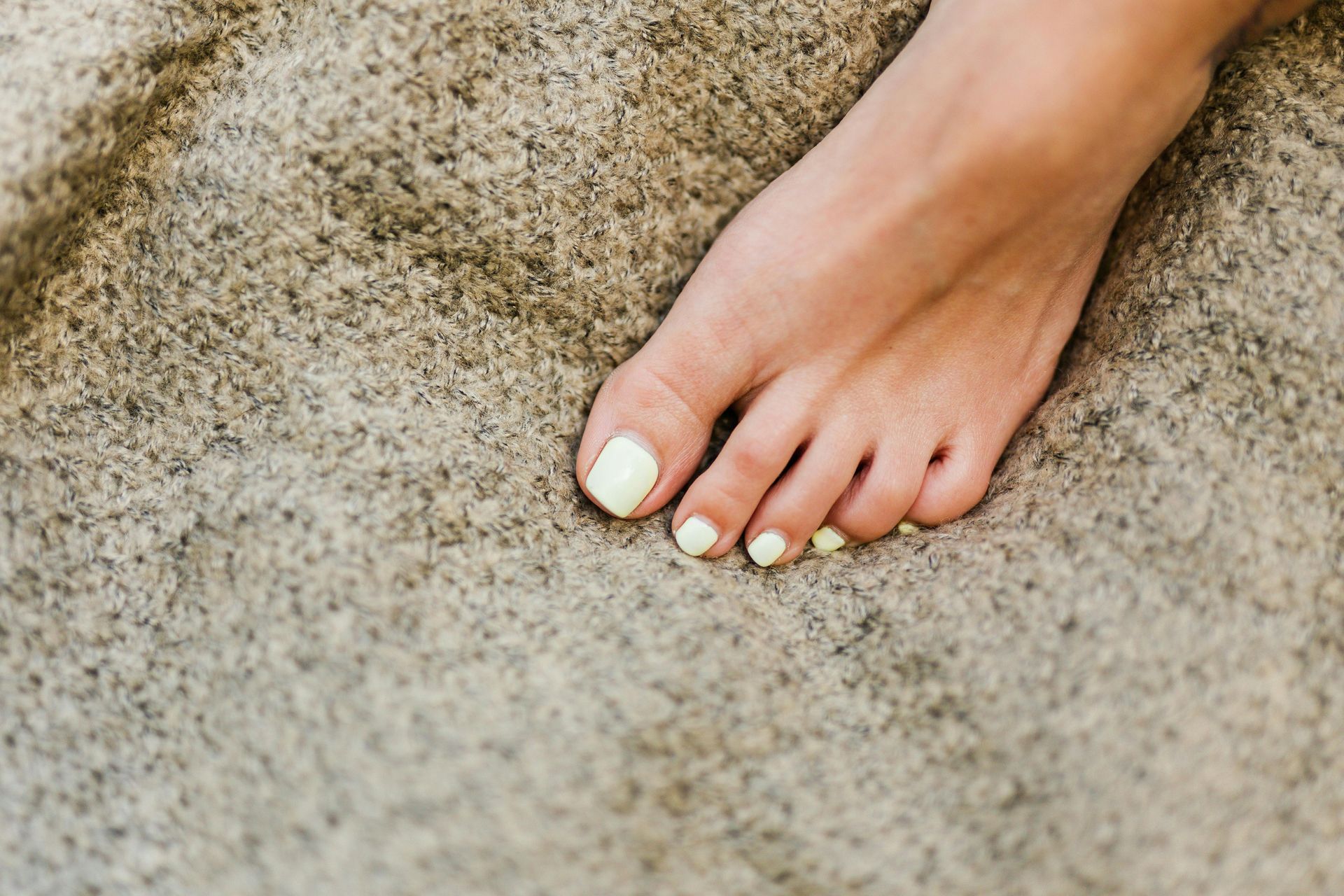Manage your Plantar Fasciitis without Surgery
Fiona Michaels • November 29, 2020
Suffering from Plantar Fasciitis? Here's how you can manage yours without surgery!
Obviously, you need to manage the initial flare up..
I also found that athletic tape
helped support the foot and keeps you from moving it in a way that makes the plantar fasciitis worse. Especially helpful during exercise!
Shoe inserts,
insoles, arch supports, or orthotics, can give extra cushioning and added support. You can get them over-the-counter (OTC) or have them custom made. There doesn’t seem to be a big difference in efficacy between OTC and custom made.
When choosing, look for a firm insert with good arch support. Wear them if you’re going to be on your feet for a long period of time or going walking. I wear these indoors in my slippers during the initial flare up as well as in outdoor shoes when going out!
If you don't fancy inserts, try heel cups. These raise your heel to relieve tension and give you extra cushioning. They often don't work as well as inserts, but they're a cheaper option.
Most of us sleep with our feet pointed down, which shortens the plantar fascia and Achilles tendon. Night splints, which you wear while you sleep, keep your feet at a 90-degree angle to give you an overnight stretch. . And once the pain is gone, you stop wearing them.
What can you do to prevent a repeat flare up?
The bad news is that it can take quite up to eighteen months to recover from plantar fasciitis. And, it's likely that unless you change your habits, you are very likely to experience future flare ups!
It's super important that you maintain your routine to stretch and strengthen your calves, Achilles tendon and your foot. This will assist to stabilize your ankle. Why not check out this post on stretching & foam rolling
and this post to stretch and strengthen?
If you're overweight, it's a good idea lose some weight as the extra weight puts more strain on the bottom of the feet.
Avoid high-impact activities like running and jumping as these put a lot of stress on your feet and can make your calf muscles tighter if you don't stretch them out. Go for lower impact exercises instead, and be sure to do some leg and foot stretches.
You can also do an online Stretch class with us every Friday at 8.15am UK time. It's part of the weekly "Strength & Stretch" class - you can dial in for both 30 minute sessions, or just stretch. Try it for free by booking here
Note - this page contains Amazon affiliate links. This means that if you purchase through one of them, Amazon will pay me a teeny-tiny commission at some unspecified point in the future, at no cost to you!










